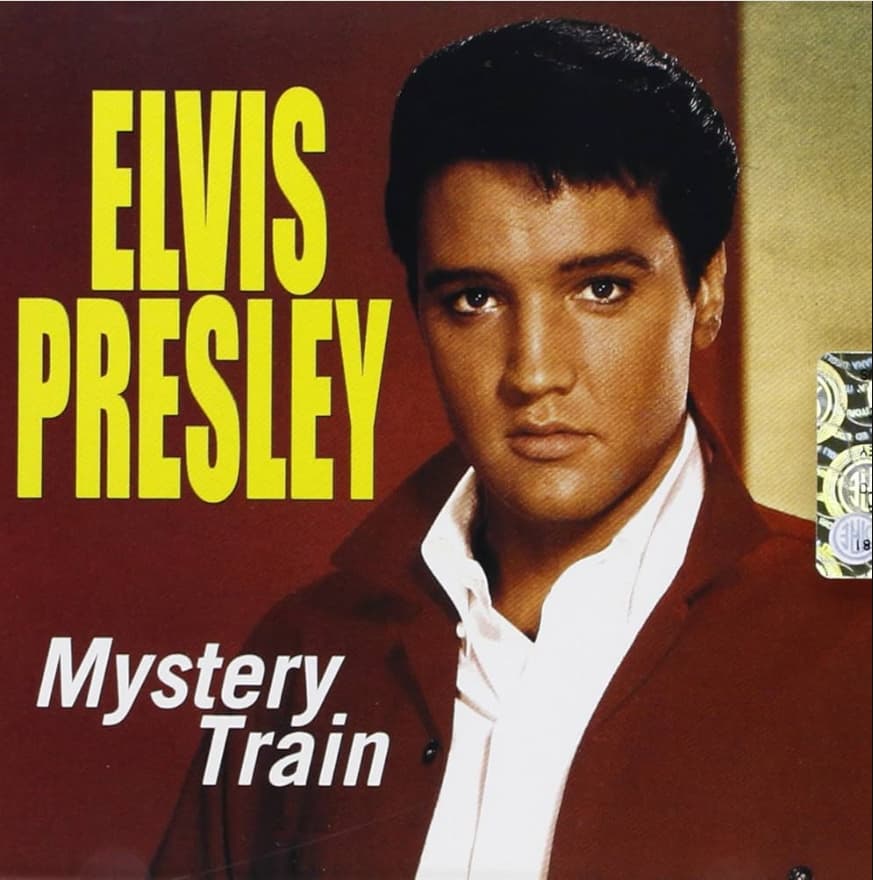
A Journey on a Long Black Train: The Enduring Legacy of “Mystery Train”
A haunting, sixteen-coach-long ode to love and loss on the rails of a changing America.
There are certain songs, aren’t there, that feel less like a recording and more like a captured moment in time? A photograph, faded at the edges, that holds the raw, unvarnished truth of an era. For anyone who came of age in the 1950s, or for those of us who have spent a lifetime chasing the ghost of that electrifying moment, Elvis Presley‘s “Mystery Train” is one of those timeless snapshots. It’s more than a song; it’s the sound of a world on the cusp of a revolution, a crossroads where the weary blues of the old South collided head-on with the reckless abandon of something brand new.
To understand Elvis‘s rendition, you must first know its roots. The song wasn’t his invention, but his transformation of it was an act of pure genius. The original “Mystery Train” was a blues number, written and recorded by the great Junior Parker in 1953 for Sam Phillips‘s fledgling Sun Records. Parker’s version was slow, sorrowful, and steeped in a mournful, almost spectral atmosphere. It was a lament, a haunting ballad about a train that took a man’s love away, its sixteen coaches symbolizing an insurmountable distance. While a brilliant piece of music history, it didn’t register on the charts. It was a deep cut, a bluesman’s private grief set to a steady rhythm.
Then, in 1955, everything changed. Elvis Presley, along with his collaborators Scotty Moore on guitar and Bill Black on bass, walked into that same tiny studio on Union Avenue in Memphis. They took the bluesman’s sorrow and infused it with the jolt of an electrical current. The track was released in August 1955 as the B-side to “I Forgot to Remember to Forget.” But as so often happens with true greatness, the B-side became the main event. It wasn’t just a flip-side filler; it was a revelation. It shot up the national Billboard country chart, peaking at a respectable number 11, solidifying Elvis‘s status as a bona fide country star and, perhaps more importantly, the harbinger of a new sound. It was this moment, this very song, that announced him as a force on a national scale.
What makes Elvis‘s take on “Mystery Train” so profoundly different, so uniquely powerful? The answer lies in the feel. Where Parker’s version was a resigned sigh, Elvis‘s is a primal howl of determination. The tempo is quicker, the guitar work by Scotty Moore is a masterpiece of rockabilly aggression, and Bill Black‘s bassline thumps with the urgent heartbeat of a man in a desperate chase. And then there’s Sam Phillips‘s signature “slapback” echo, a ghostly, reverberating effect that gave the recording a sense of spaciousness and haunting mystery, as if the sounds were bouncing off the very walls of that train depot.
The song’s meaning, too, is subtly but significantly altered. In the hands of Elvis, the track is no longer just about losing someone; it’s about the resolve to win them back. The final, triumphant lines, “Well, that long black train took my baby and gone / But that’s all right, that’s all right / Cause I got her back, yes I did,” are a defiant reversal of the original’s sorrow. This wasn’t a man who had given up; it was a young man with a swagger and a promise, a singer who believed in his own power to change fate. It was a message that resonated with an entire generation ready to throw off the old-world blues and embrace a future they could, for the first time, take control of. For many of us, this wasn’t just a song. It was a feeling. It was the moment the old train of tradition finally hit the brakes and a new, mysterious express—one filled with a little bit of country, a little bit of blues, and a whole lot of rebellion—pulled into the station. And we all got on board.